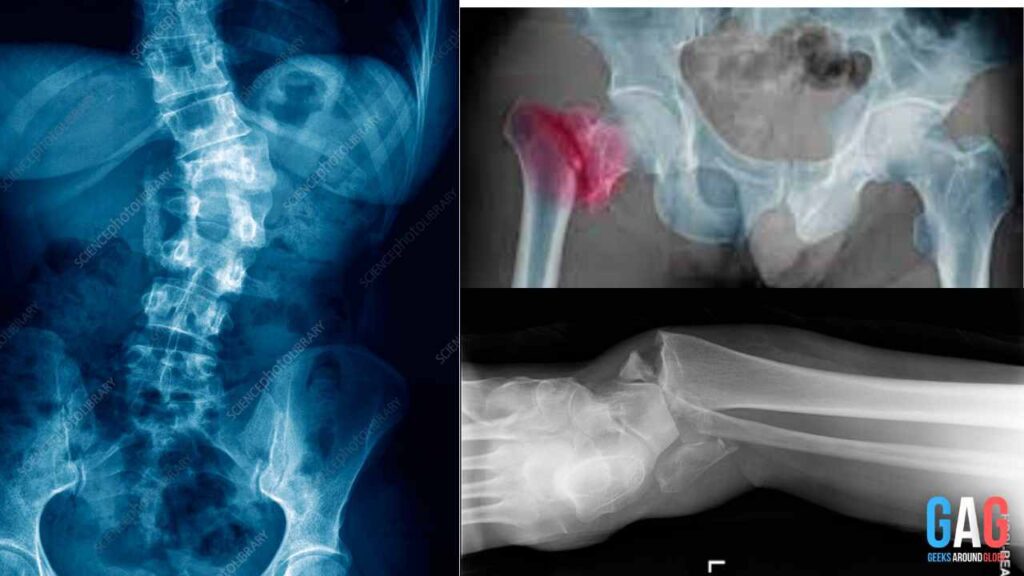What Happens to a Person If They Fall Off a Cruise Ship?

Imagine standing on the deck of a towering cruise ship, the world stretching out before you, the ocean breeze in your hair. The average cruise ship stands about 190 feet tall, a floating city in motion, cutting through the waters at an average speed of 20 knots (around 23 mph).
But what happens if, by some unfortunate turn of events, you find yourself falling from this impressive vessel? In this article, we going to take a look at the sobering reality of “What happens to a person if they fall off a cruise ship?” and the critical distinctions between falling from a moving vessel versus a stationary one.
Cruise ship passenger survives after falling overboard from 10th deck
— Updates Plug (@updatesplug247) June 28, 2023
A Royal Caribbean passenger is lucky to be alive after miraculously surviving a terrifying fall off a cruise ship from the 10th deck.
The U.S. Coast Guard reported that a 42-year-old… https://t.co/V2InCXp4bF
Falling Off a Moving Cruise Ship
When you fall off from a cruise ship in motion, the consequences can be severe. The ship’s forward movement adds significant force to the impact. The result? Potentially devastating injuries, including broken bones, head trauma, and spinal cord damage.
Yet, it doesn’t end there. Falling from a moving cruise ship also carries a high risk of drowning. The impact can render a person unconscious, leaving them disoriented and struggling for survival in the open water.
Falling Off a Stationary Cruise Ship
While falling from a stationary cruise ship might not pack the same punch as falling from a moving one, it’s far from a trivial matter. The impact can still inflict serious injuries, though the risk of drowning is somewhat lower. Those unfortunate enough to tumble from a stationary vessel may also face injuries from striking the ship’s side or being pulled underwater by the ship’s wake.
Immediate Effects on the Body
Upon hitting the water, the body undergoes an immediate shock. The impact forces individuals to gasp for air, which can lead to the inhalation of water into the lungs. Simultaneously, the body’s adrenaline response can induce feelings of lightheadedness and dizziness.
The water’s temperature plays a pivotal role as well. Cold water can shock the body into cardiac arrest, while warm water can induce fatal overheating.
Potential Injuries and Medical Consequences
The consequences of falling from a cruise ship can be devastating, with the severity of injuries depending on various factors.
- Broken Bones – The impact of hitting the water can result in fractures to limbs, ribs, or the pelvis. These fractures can be compound, making the situation even more critical.
- Head Injuries – Falling from a considerable height often leads to head trauma, ranging from concussions to severe brain injuries. The risk of head injuries is higher if the fall involves a rapid descent or a head-first impact.
- Spinal Cord Injuries – The spine is vulnerable during a fall. It can damage the spinal cord and can result in paralysis or lifelong mobility issues. In severe cases, these injuries can be permanent.
- Internal Organ Damage – The force of the impact can cause internal injuries, such as damage to the liver, spleen, or other vital organs. Internal bleeding can be life-threatening and may not always be immediately apparent.
- Hypothermia – In cold water, the body can experience rapid cooling, leading to hypothermia. This condition can impair muscle function, cognition, and eventually lead to cardiac arrest if not treated promptly.
- Drowning – The most dreaded consequence of falling overboard is drowning. Disorientation, injury-induced unconsciousness, or panic can make it incredibly challenging for victims to stay afloat and breathe, even if they are wearing a life jacket.
- Secondary Infections – Open wounds from the fall can expose individuals to seawater contaminants, increasing the risk of infections that can complicate recovery.
- Psychological Trauma – Beyond the physical injuries, survivors often grapple with profound psychological trauma, including post-traumatic stress disorder (PTSD), anxiety, and depression.
Even if a person manages to survive the initial fall the road to recovery can be long and arduous. Survivors may require extensive medical interventions. Surgeries to address fractures and internal injuries, rehabilitative therapy to regain mobility and functionality, and ongoing psychological support to cope with the emotional scars left by the traumatic experience.

Survival Chances and Time Factors
Surviving a fall from a cruise ship hangs in the balance of multiple factors. The height of the fall, the ship’s speed, water temperature, swimming ability, and the swiftness of rescue efforts all contribute to the outcome.
Time spent in the water is a crucial factor. The longer one remains in the water, especially in cold conditions, the slimmer their chances of survival become.
Conclusion
Falling off a cruise ship is a tragic event with life-altering consequences. Understanding the gravity of these circumstances is essential, as prevention remains the most effective means of averting these life-changing incidents.
Also read:



